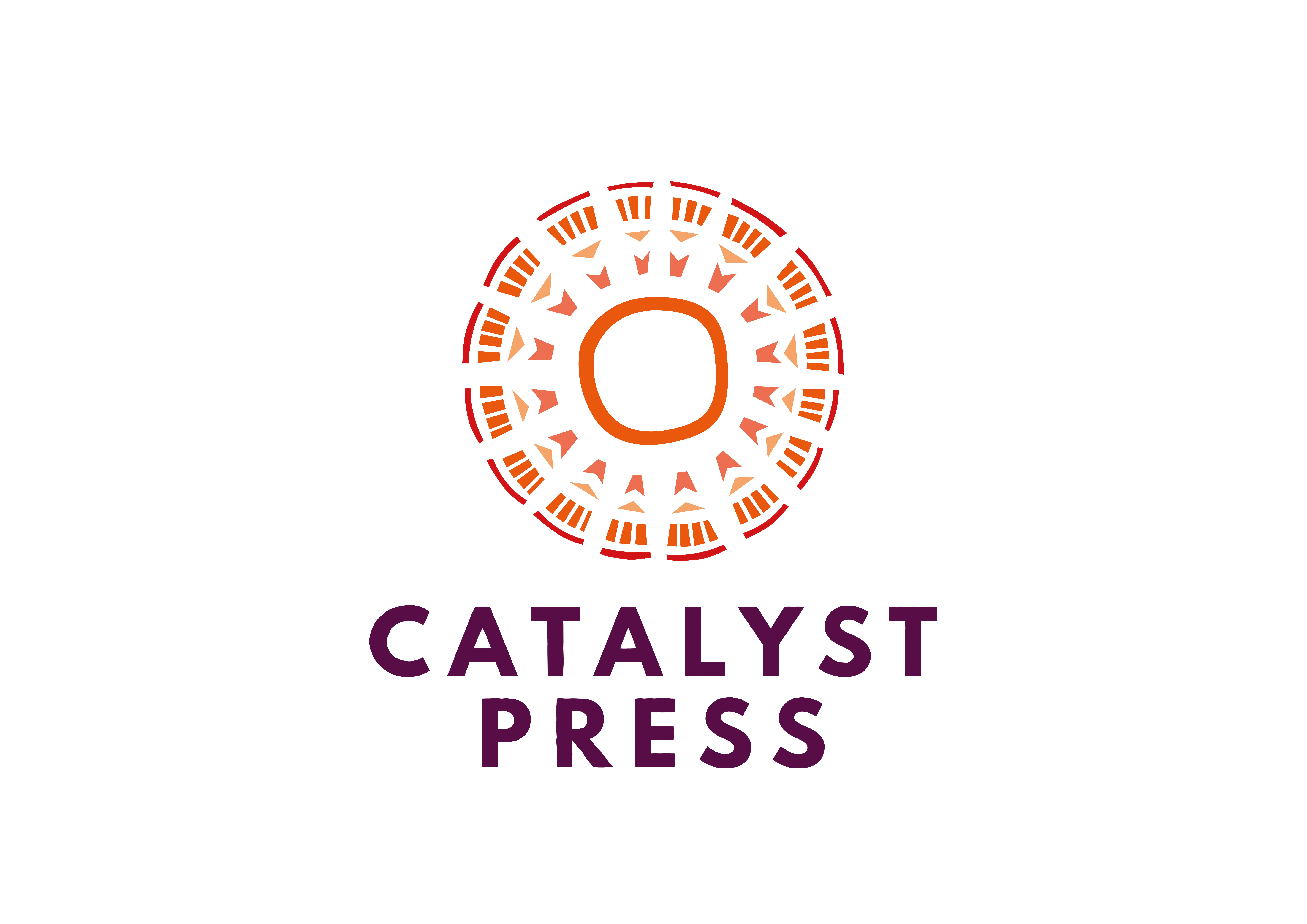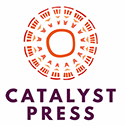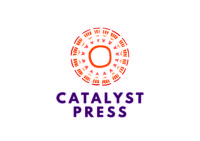All this month we’re having a Summer Friday sale where you can save big (really big. 40% off big) on a themed selection of our titles. Last week it was out kids/YA books, and this week, we’re celebrating our women authors. Save 40% on some great books by using the code SUMMERFRIDAYS when you check out. This sale is only available when you order through our site.

And speaking of women authors, this month is Women in Translation month, a great opportunity to read globally. Started in 2014 by book blogger Meytal Radzinski, this month-long celebration of world literature focuses on women authors who write in languages other than English. According to stats on Radzinski’s blog, “approximately 30% of new translations into English are of books by women writers.” Women in Translation Month encourages readers to seek out and promote these books. Use the hashtags #WomeninTranslation or #WitMonth to share your reads and to find book recommendations. CLMP also has a helpful list of titles to get you started, including our own Sacrificed by Chanette Paul. Want some more ways to broaden your reading horizons? Check out these Q&As from translators Elsa Silke, who translated Sacrificed, and Rachel Hildebrandt Reynolds who translated The Wall and The Farm by Max Annas (The Wall is out now, The Farm releases September 15).
And let’s keep talking about women, because honestly, why not? The Smithsonian celebrates the 100th anniversary of the 19th amendment, which gave many women in the US the right to vote, by highlighting 19 suffrage stories that history has often overlooked. As they write on the project’s website, “For many women, especially women of color, the fight didn’t end when the 19th Amendment went into effect on August 26, 1920.”
Judging by the amount of press, lots (lots!) of people watched Beyoncé’s newest release, the visual album Black is King. CBC journalist, Amanda Parris, spoke with seven African artists, who “were either born in or raised by parents from Ethiopia, Somalia, Ghana, Zimbabwe, the Democratic Republic of Congo, Nigeria and Angola” who shared their thoughts on the release and its representation of the continent. It’s a fascinating conversation covering appropriation vs. appreciation, her use of folklore and imagery, magical realism, the project’s missteps, and the complex feelings the film brought up for some.
It’s unsurprising that a piece of art would spark such an in-depth conversation; art, “good” or “bad,” does that. University of Johannesburg professor Maria Frahm-Arp writes at Maverick Life about the power of art, in this case, storytelling, to not just prompt conversation, but to connect us in some real and meaningful ways. As she and her colleagues (like all of us) have struggled for connection in these disconnected times, Frahm-Arp writes, “we have begun to find ways to use the volumes of books all around us in the digital world to create a tool that could help us all cope with crisis, loss, transition and insecurity.”
And on the lighter side of things that books can do, they also help us learn a lot about mermaids, as this Washington Post article explains, “Mermaid mania is coming around to books again — but this time, the trend has broadened to include nonfiction titles for readers of all ages.” Get into some mermaid lore.
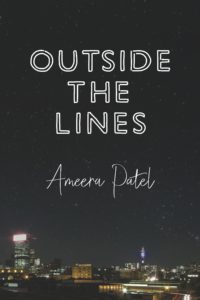
BookRiot helps crime fiction readers find books that play with the genre: “These unique crime books play with format, characters, tropes, and more for a surprising experience that will keep you turning page after page.” Lots of fantastic choices there including our release Outside the Lines by Ameera Patel!
In the academic world, the problem isn’t always that the books aren’t there to connect us, it’s that we’re being connected by the same books over and over. As this report in Africa is a Country points out, that problem is even more evident in African Literature courses. As the researchers found, “Most countries on the continent are represented on curricula by less than five individual texts, whereas 62 Nigerian literary works and a whopping 106 South African are regularly taught.” It’s an interesting look at how educators can continue decolonizing and diversifying their syllabi, as the authors explain, “Individual departments must be willing to alter their definition of diversity itself, to decolonize diversity, if we may.” Oh, and if you’re looking for some great places to check out if you’re looking to diversify your African literary choices try Arab Lit Quarterly, which focuses on Arabic literature, including many authors from North African countries; Reading Zimbabwe, an archive of Zimbabwean literature; and Words Without Borders, which features work from around the world, including African countries like Burundi, Cote D’ivoire, and Cameroon, among many others.
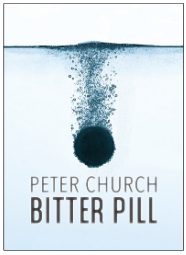
And, finally, another of our crime fiction writers is in the spotlight. Peter Church was recently interviewed by Michael Sears of The Big Thrill magazine. They talk about Peter’s newest release, Bitter Pill, what inspired the novel, and what he’s working on now.
